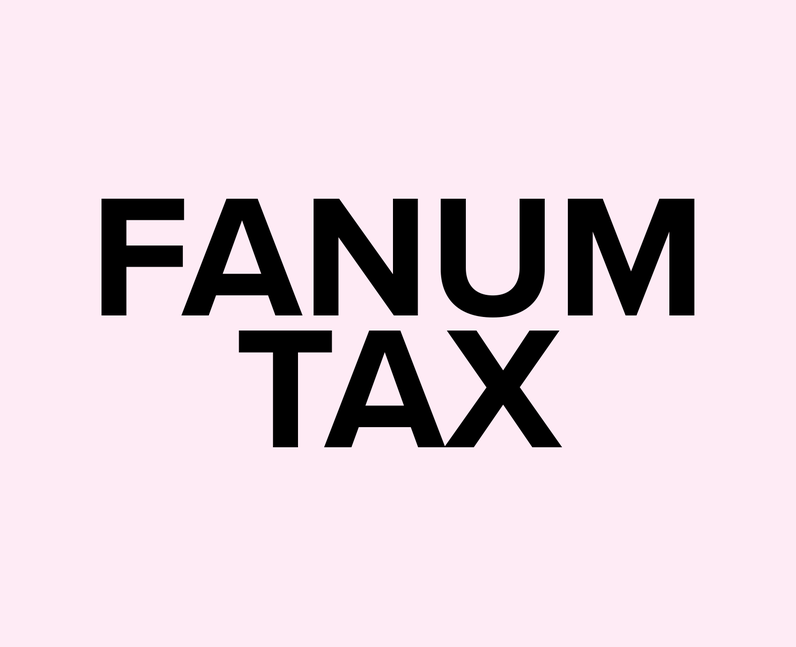Understanding Fanum Tax
Introduction
“Fanum tax” is a contemporary slang term that has emerged within the cultural lexicon of the younger generation, particularly among Gen Alpha and Gen Z. It refers to the act of taking food from a friend, typically in a playful or joking manner. This term has gained traction through social media platforms, particularly TikTok and Twitch, where it has been popularized by content creators and influencers. This article will explore the meaning, origins, cultural significance, and usage of “fanum tax” in detail, along with a comprehensive FAQ section to address common queries related to the term.
What Does Fanum Tax Mean?
At its core, “fanum tax” refers to the food that one friend takes from another’s meal or snack. The term encapsulates a playful interaction between friends, where the act of taking a small portion of someone else’s food is framed as a “tax.” This playful banter is often accompanied by humorous exchanges, making it a lighthearted social interaction.
Example Usage
- “He fanum taxed me an entire bag of chips!”
- “I can’t believe you just fanum taxed my fries without asking!”
Origins of Fanum Tax
The term “fanum tax” was popularized by a Twitch streamer named Fanum, who is part of the AMP influencer crew associated with fellow streamer Kai Cenat. The concept gained traction through various videos and social media posts where Fanum would humorously “tax” his friends by taking food from them during streams.
Key Events Leading to Popularity
- Stream Highlights: Fanum’s antics of stealing food during live streams became a recurring theme, leading to the phrase “fanum tax” being coined.
- Social Media Spread: Clips of these interactions were shared widely on platforms like TikTok, leading to the term becoming a part of the vernacular among younger audiences.
- Cultural Resonance: The playful nature of the term resonates with the social dynamics of friendship, where sharing food is a common practice.
Cultural Significance
The rise of “fanum tax” reflects broader trends in youth culture, particularly how language evolves and adapts in digital spaces. It highlights the importance of humor and camaraderie in friendships, especially among younger generations who often communicate through memes and slang.
Similar Concepts in Slang
“Fanum tax” is not an isolated term; it exists alongside other playful phrases that describe similar interactions, such as:
- Dad Tax: Referring to a parent taking a portion of their child’s food.
- Cheese Tax: When someone takes a piece of cheese from a shared platter.
The Social Dynamics of Fanum Tax
The act of “fanum taxing” often involves a playful negotiation between friends. It can serve as a form of bonding, where friends tease each other about sharing food. This playful interaction can also foster a sense of community and belonging among peers.
Table of Related Slang Terms
| Slang Term | Description |
|---|---|
| Fanum Tax | Taking food from a friend in a playful manner. |
| Dad Tax | A parent taking a portion of their child’s food. |
| Cheese Tax | Taking a piece of cheese from a shared platter. |
| Snack Tax | When friends take snacks from each other’s stash. |
How to Use Fanum Tax in Conversation
“Fanum tax” can be incorporated into everyday conversations, especially among friends. Here are some examples of how to use the term:
- “You owe me some fanum tax for that pizza slice!”
- “I just got fanum taxed by my roommate; he took half my sandwich!”
The Impact of Social Media on Fanum Tax
Social media plays a crucial role in the dissemination and popularization of slang terms like “fanum tax.” Platforms like TikTok and Twitch allow for rapid sharing of content, leading to phrases becoming viral sensations almost overnight.
Influencers and Content Creators
Influencers and content creators have a significant impact on language trends. Their ability to reach large audiences means that terms like “fanum tax” can quickly become mainstream.
FAQ Section
Q1: What is the origin of the term “fanum tax”?
A1: The term originated from Twitch streamer Fanum, who popularized the phrase by humorously taking food from his friends during streams.
Q2: Is “fanum tax” considered stealing?
A2: No, “fanum tax” is typically used in a playful context among friends and is not meant to be taken seriously as theft.
Q3: Can “fanum tax” apply to any food?
A3: Yes, “fanum tax” can apply to any food item, whether it’s snacks, meals, or desserts.
Q4: How has “fanum tax” spread in popular culture?
A4: The term has spread through social media platforms, particularly TikTok and Twitch, where influencers use it in their content.
Q5: Are there similar terms to “fanum tax”?
A5: Yes, similar terms include “dad tax” and “cheese tax,” which describe similar playful interactions regarding food sharing.
Q6: Is “fanum tax” used outside of friendship contexts?
A6: While primarily used among friends, it can occasionally be used in broader social contexts where food sharing occurs.
Q7: How do people react to being “fanum taxed”?
A7: Reactions vary, but it is generally seen as a humorous interaction rather than a serious offense.
Q8: Can “fanum tax” be used in a negative context?
A8: While it is usually lighthearted, it can be used negatively if someone feels taken advantage of, but this is rare.
Q9: What age group primarily uses “fanum tax”?
A9: “Fanum tax” is primarily used by younger generations, particularly Gen Z and Gen Alpha.
Q10: Where can I find more information about slang terms like “fanum tax”?
A10: For more detailed information, you can visit the Wikipedia page on slang: Slang – Wikipedia.
Conclusion
“Fanum tax” is a playful and humorous term that reflects the social dynamics of friendship and food sharing among younger generations. Its rise in popularity through social media highlights how language evolves in digital spaces, allowing for new expressions of camaraderie and fun. As slang continues to develop, terms like “fanum tax” will likely remain a part of the cultural lexicon, illustrating the ever-changing nature of communication among friends.



